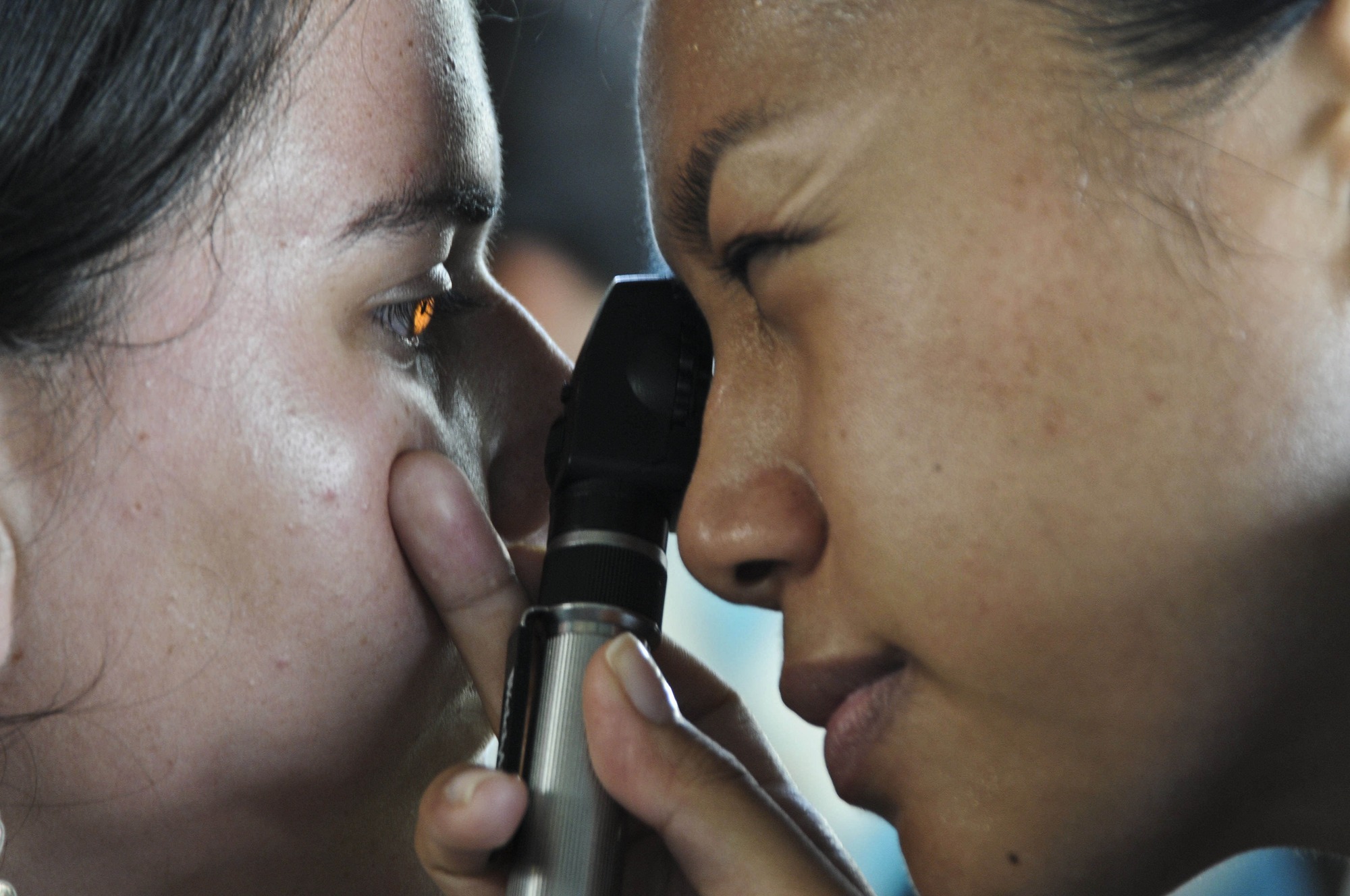
If you’re experiencing cloudy vision, glare, or double vision, it could be because you have a cataract, a cloudy spot on the lens of your eye. If your doctor has recently given you this news, know that you’re not alone.
A whopping 90% of Americans over 65 have a cataract in one or both eyes. But don’t worry; there’s still hope thanks to modern medicine.
Cataract surgery is a simple and effective way to remove cataracts and restore your vision. You’ll be back to your normal life in a few days with a brand new look on life.
In this article, we’ll dive into everything you need to know before getting the procedure done. We’ll discuss what it is, what to expect, recovery time, and even surgery costs.
Grab your glasses and read on to learn more!
What is Cataract Surgery?
Before we discuss cataract surgery, let’s first talk about what a cataract is.
A healthy eye lens is clear, but as you age it can become opaque (think frosted glass).
This clouding of your eye lens is what doctors call a cataract, which results in blurred vision, glare, and other vision problems. Other symptoms include fading of color, sensitivity to glare, and changes in prescription.
During cataract surgery, your doctor will remove the cloudy lens and replace it with an artificial lens. As scary as it may sound, its one of the safest and most common surgical procedures.
In America, surgeons perform over 3.8 million cataract surgeries a year. Thanks to modern medicine and high tech surgical techniques, you can be in and out the same day and back to your daily activities in only a few days.
Why and When You Might Need Surgery
If you’re over 65, the development of a cataract is likely the outcome of aging. 95% of cataracts are age-related.
Cataracts can develop for other reasons, such as an injury to the tissue of your lens or past eye surgeries. People with diabetes and a family history of cataracts are at the highest risk.
Symptoms of cataracts creep up on you over time, making it difficult to realize that one is forming. You may wonder when you need a cataract surgery since the symptoms never happen all at once.
Here are some reasons you might need cataract surgery:
- You’re experiencing problems reading or watching TV
- It’s affecting your driving and overall vision
- It’s affecting your safety and/or ability to do your job
- It’s taking away your ability to be independent
- Your eye doctor can’t examine the back of your eye
It’s important to get cataract surgery if it’s affecting your daily life or interfering with other vision problems. If you’re experiencing these issues, Immediately call your eye doctor and make an appointment.
What to Expect
You should know that the entire procedure is virtually painless. Your doctor will place you under local anesthesia and may even give you a sedative to help you relax. You’ll be awake but groggy.
An incision is then made to your cornea and your surgeon removes your clouded lens. There are a few techniques your eye surgeon can perform to remove your cataract. Discuss this with your doctor to find out which method is ideal for your condition.
The artificial lens is then implanted into your lens capsule.
People often compare this surgery to Lasik, but they have their differences. Speak to your doctor about what is the best option for you.
The rate of cataract surgery complications is very low and the success rate is very high. A staggering 95% of patients saw improved vision after getting cataract surgery
Surgery Prep
Before your cataract surgery, your doctor may ask you to do some things to prepare for your appointment.
Here are some things you can except before your appointment:
- Perform specific tests to determine the size and shape of your eye which will determine the method of cataract surgery that’s best for you
- You’ll refrain from taking specific medication that may cause bleeding or interact with your surgery
- You’ll begin taking antibiotic eye drops before surgery
- You’ll refrain from food and liquid up to 24 hours before surgery
It’s best to talk with your doctor and ensure you’re following the correct procedure before your surgery.
Recovery Time
Cataract surgery recovery time is very low. You’ll spend about an hour waiting for the anesthesia to wear off in the doctor’s office, but afterward, you’re free to go home. Make sure you have a ride home because you won’t be able to drive for at least 24 hours after surgery.
Your most important job now is to protect your eye (or eyes) from bacteria. Your doctor may give you a bandage or shield to wear. Your doctor will likely give you drops to use throughout the day.
Avoid water, rubbing, heavy lifting, jogging, or any other activities that would knock the lens out of place or introduce bacteria.
You’re welcome to read or watch TV as soon as you come home. You’ll see an increase in your vision in mere days.
Surgery Cost
Something to consider when planning this procedure is cost. Your insurance may or may not cover your cataract surgery depending on which type of lens and surgical procedure your doctor goes with.
Cataract surgery cost can vary on a lot of things but the average procedure ranges between $1,500-$3,000 per eye. Without insurance, the price can go as high as $6,000.
Be sure to discuss prices and options with your doctors and insurance company before deciding.
Stay in the Know
We hope that you’re now ready to make that cataract surgery appointment and restore your vision back to what it used to be.
Head to My Press Plus for more tips and tricks on everything from technology to health and lifestyle. We’re a one-stop shop for all kinds of life tips and news.
